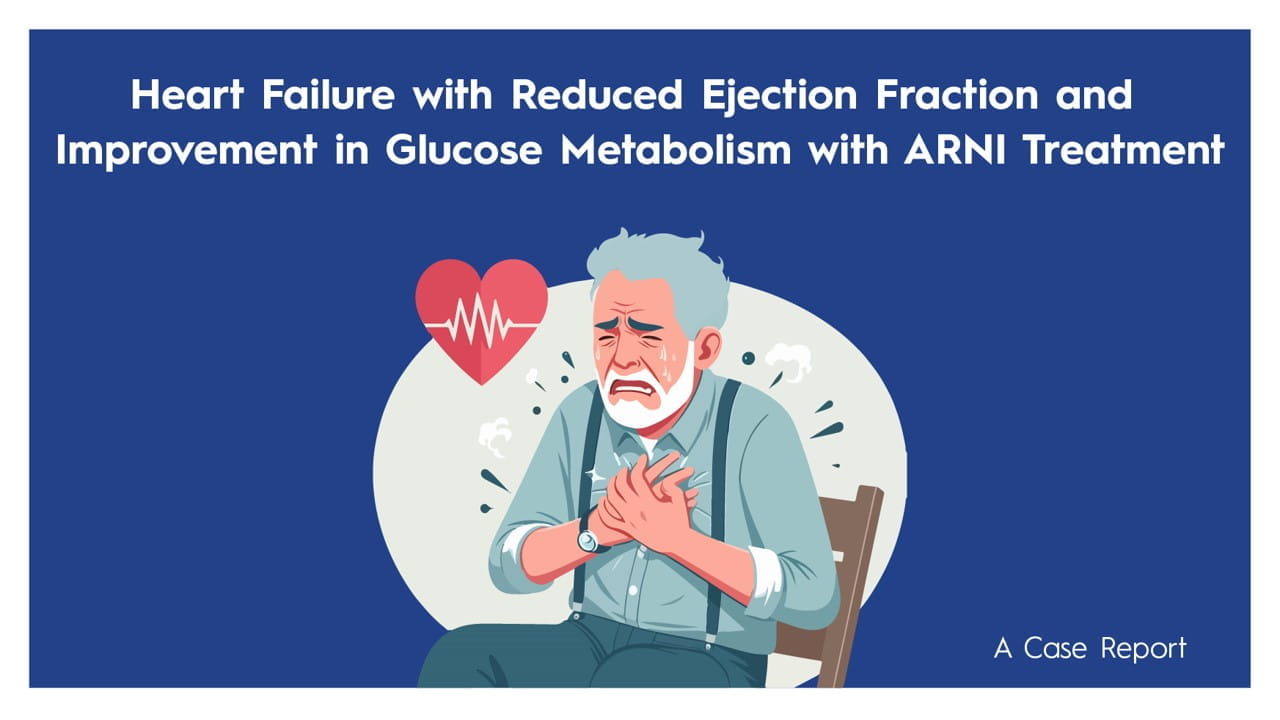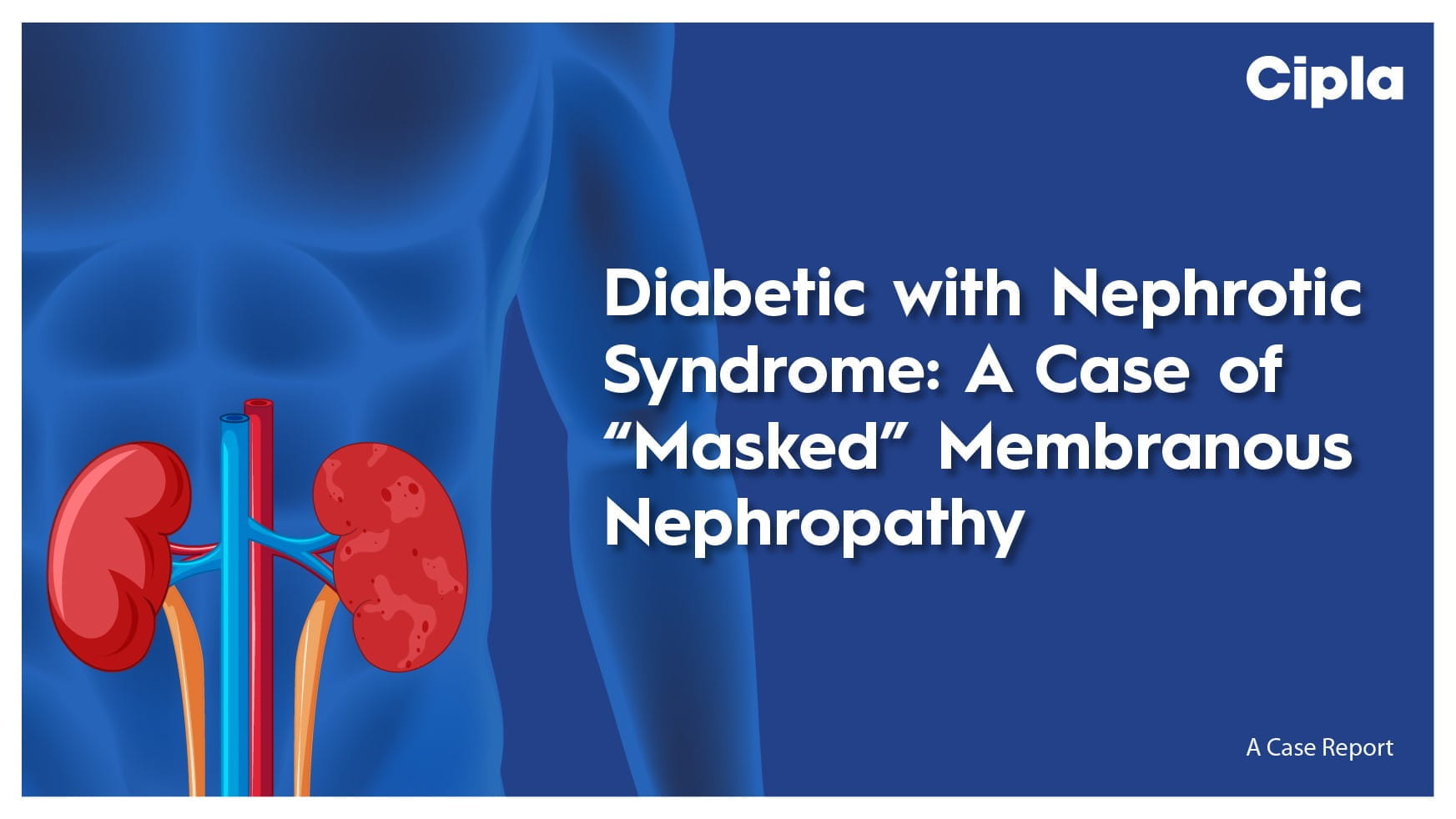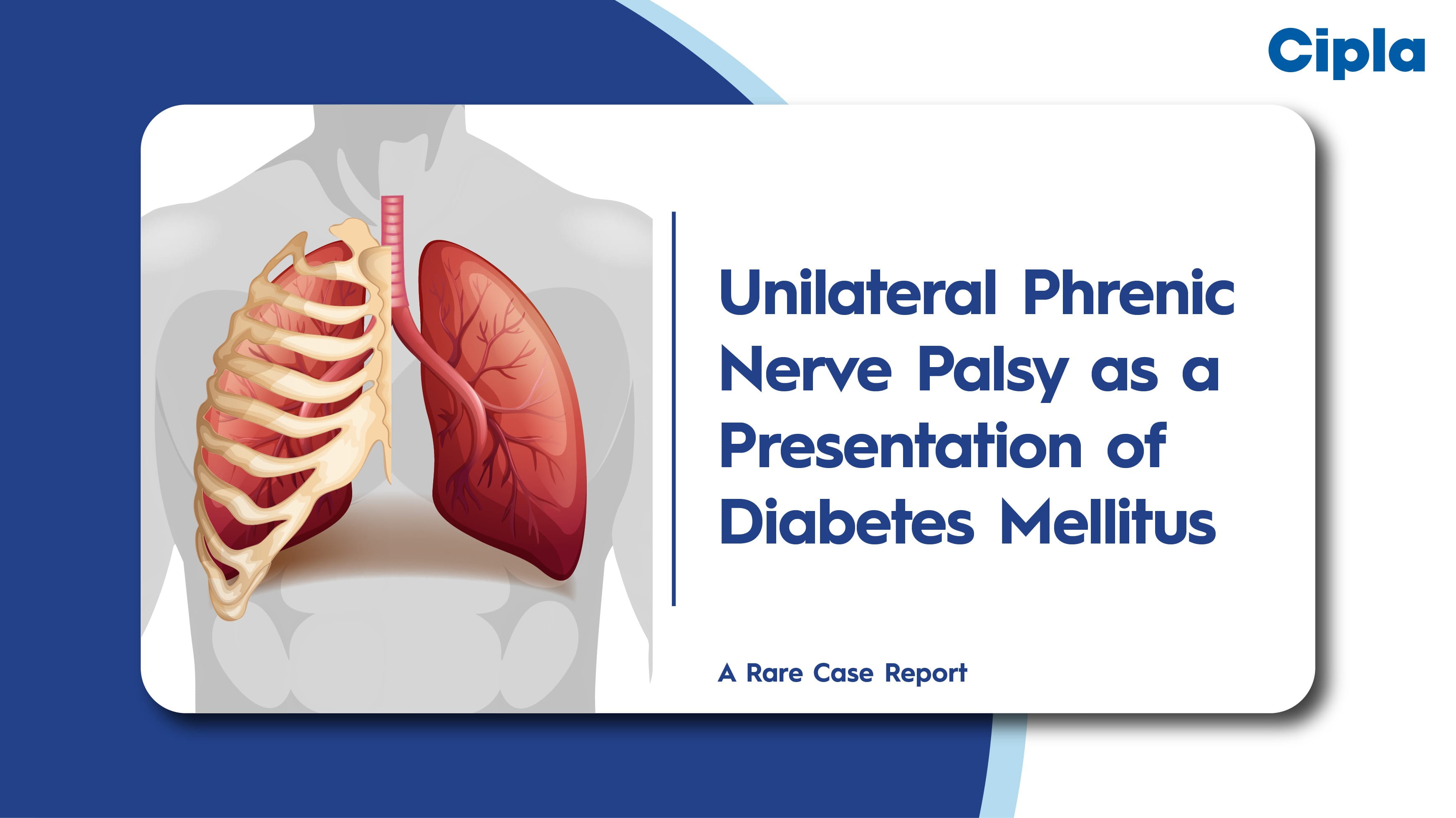Introduction:
Obesity is recognized as a complex, chronic, and relapsing disease which significantly reduces quality of life impacting physiological well-being and reducing life expectancy. Despite this, it is often deprioritized and inadequately managed in healthcare systems. There is little understanding of the disease among physicians and people with overweight or obesity (PwO) due to profound weight bias and stigma.
Objective:
To assess and compare perceptions of obesity causes and treatment goals between people with PwO and their physicians using real-world data from multiple countries.
Methods:
- Design: Cross-sectional observational study using the Adelphi Real World Obesity DSP™.
- Period: October 2023 – April 2024.
- Locations: France, Germany, Italy, Spain, UK, US, Australia.
- Participants: 1379 PwO (BMI ≥30 kg/m² or ≥27 kg/m² with obesity-related complications) and their treating physicians.
- Data Collection: Physicians and PwO provided data via surveys; EOSS stages imputed from physician-reported variables.
Results:
- Attributions of Obesity Causes:
- Physicians: Compared to biological causes, behavioral and socio-economic causes (overeating 69%, lack of exercise 61%) were mostly reported, increasing with body mass index (Class III: general overeating, 75%; lack of exercise, 66%) and EOSS category (EOSS 3-4: general overeating, 72%; lack of exercise, 67%).
- PwO: Reported behavioral/socio-economic causes (87%) but to a lesser extent than physicians (98%). PwO reported biological causes (81%) to a higher level than physicians (61%). Regarded genetics as top cause which physicians ranked 7th on the list of causes. Attribution to behavioral causes increased with higher BMI and EOSS stages.
- Treatment Goals:
- Physicians: Reported health-focused obesity treatment goals (improving quality of life, mobility, and lowering blood pressure).
- PwO: Motivated by appearance-related goals (looking/feeling better and fitting into smaller clothes) regardless of weight loss outcomes.
Conclusion:
A mismatch has been identified between the perceptions of PwO and physicians regarding the causes of obesity and treatment goals. Behavioral and socio-economic factors are more frequently emphasized by physicians, while biological factors are more commonly identified by PwO. These differing perspectives are reflected by underlying biases and may affect availability and access to effective, person-centered care.
ECO, 11-14 May 2025, Malaga, Spain




